Government to reduce burden of paperwork
Updated: 2015-12-01 08:18
By Cao Yin(China Daily)
|
||||||||
When seeking a variety of government services, residents will no longer be required to produce extraneous documents to prove certain obvious facts or to call for redundant identification.
Their affairs will be dealt with more efficiently under a rule put forward by the central government on Monday.
No more, for example, will a person need to provide documentary evidence that the name of an emergency contact for a trip overseas is, in fact, a friend or relative.
Other documents will also fall by the wayside, such as paper proving one's marital status when buying real estate, providing personal information to an employer that is held in a university's files and a host of other routine matters.
The State Council, China's Cabinet, issued a notice requiring governmental departments to streamline administrative procedures by the end of January, aiming to provide more convenience for residents.
Rules requiring certain materials will be eliminated if they're not based on law or regulations, and cumbersome or redundant procedures and proofs will also be cut off, the notice said.
If a governmental department can get necessary information from other authorities through information sharing, it should not ask the applicant to provide the information, it said.
To reduce an applicant's paperwork burden even further, a government department is allowed to proceed with processing a matter if the person attests in writing that the information provided is correct. The department should then increase its follow-up verification and supervision, the notice said.
Information sharing between governmental bodies was highlighted in the notice. Administrations at all levels were asked to set up database and work in a transparent way to ease residents' access and streamline procedures.
Kou Fei, 27, a Beijing resident, applauded the move, saying that what should have been a simple transfer of her university study archives to an employer turned into a prolonged struggle.
The government provides archival services for university records in human resources administrations, and employers can requisition the records when the individual - in this case Kou - authorizes a transfer.
"There was no reply from the human resources administration until I called repeatedly for almost a week; and then the person who answered told me I could retrieve and transfer my files by bringing in my identity cards," said Kou, who graduated from college five years ago and now works at an educational institute.
"But when I arrived at the department, a counter official told me I had to provide the note I was given by the university five years ago," she said. The note identified Kou and said her records had been turned over to the administration.
But she no longer possessed the note, as it had been lost.
"The officer was not polite and told me to go back to get another note from the college to prove my identity; otherwise, my employer couldn't retrieve my archives," she said.
"How ridiculous. I was annoyed," she said.
She said she would try to transfer her files again in light of the central government's notice. She hopes the procedure will be easier this time.
Wang Yukai, an administrative professor with the Chinese Academy of Governance, spoke highly of information sharing among governmental departments.
It will be a practical way to reduce unnecessary procedures and boost work efficiency, he said.
Examples of extra materials
1. A resident in East China's Zhejiang province failed to obtain a new receipt for the cremation of his mother's body after he lost the original one. He went to the local funeral home eight times over the past four years in a bid to get the receipt, as the local civil affairs bureau asked him to prove the cremated body was indeed his mother before he could withdraw a pension payment that had been due to his mother.
2. A man surnamed He in Guangdong province planned to register his son at a local school. To his surprise, the school asked him to show the child's birth certificate that had been lost when his home was broken into. He said it was funny to prove "I am the father of my son".
3. A man surnamed Chen was asked to prove "his mother is his mother" as he, with his child and wife, were ready to travel overseas. Chen named his mother as their emergency contact for a travel agency, but he had to provide a certificate to prove the mother-child relationship.
caoyin@chinadaily.com.cn
(China Daily 12/01/2015 page6)
- Britain's Cameron says time to bomb militants in Syria
- Russia accept full suspension from athletics
- Turkish and Russian FMs to meet in Belgrade
- S.Korea, DPRK agree to hold vice ministers' meeting for improved ties
- Avoiding escalation over Russian warplane downing
- Rights panel presses US over scientists' cases
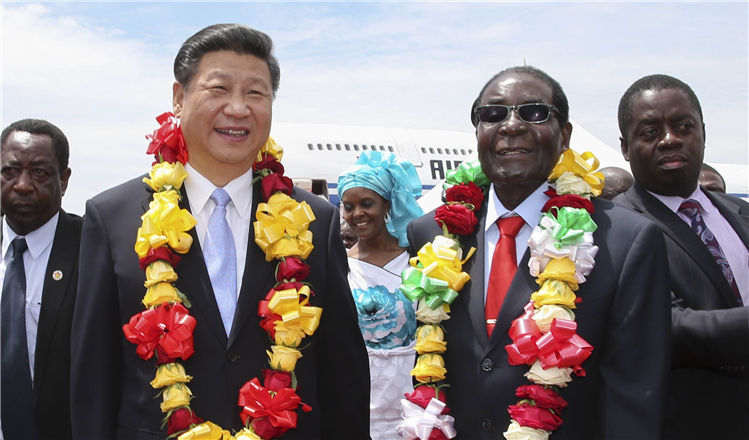
 A deepening friendship
A deepening friendship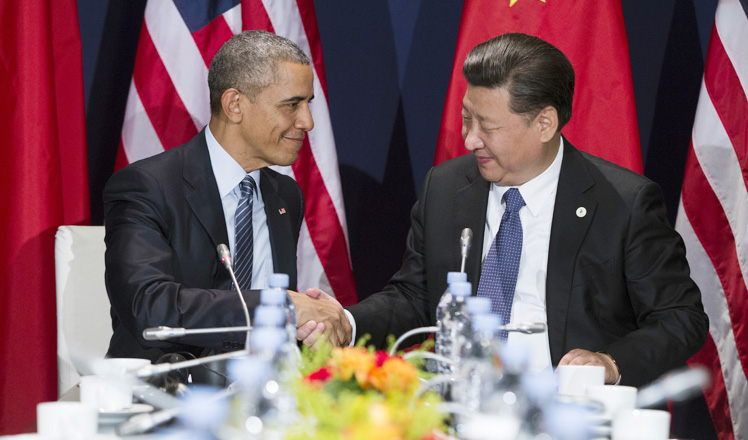
 Xi, Obama pledge to manage differences in constructive manner
Xi, Obama pledge to manage differences in constructive manner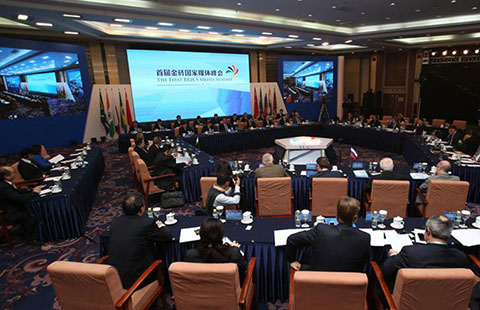
 BRICS media leaders gather in Beijing for cooperation
BRICS media leaders gather in Beijing for cooperation
 Restaurateur spreads Chongqing xiaomian all around the world
Restaurateur spreads Chongqing xiaomian all around the world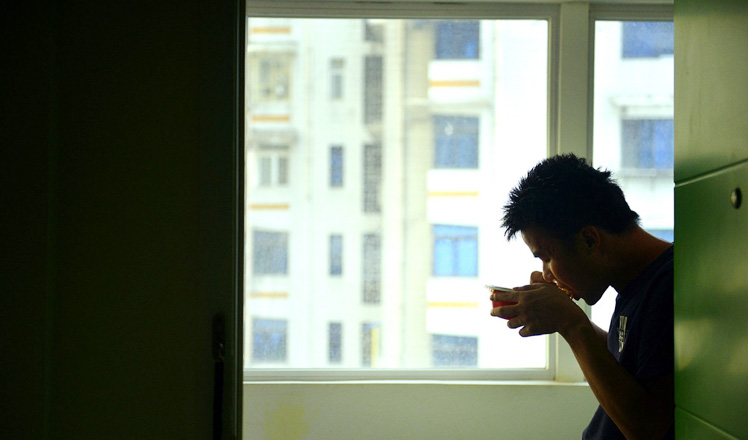
 Civil service exam: From mock interviews to mirror practice
Civil service exam: From mock interviews to mirror practice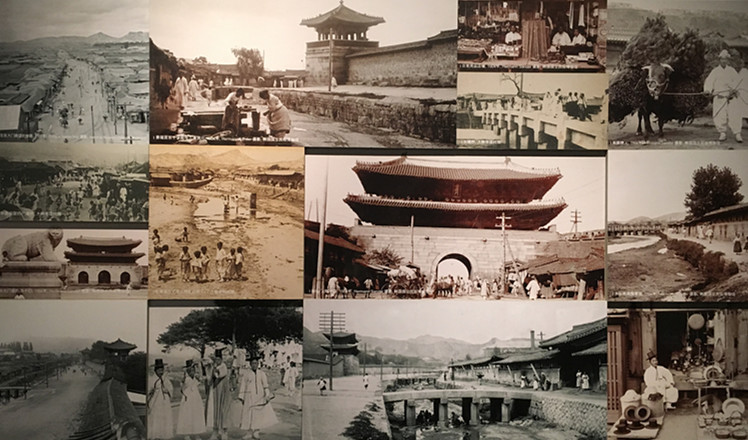
 'Seoul, a city of stream' exhibition impresses visitors in Beijing
'Seoul, a city of stream' exhibition impresses visitors in Beijing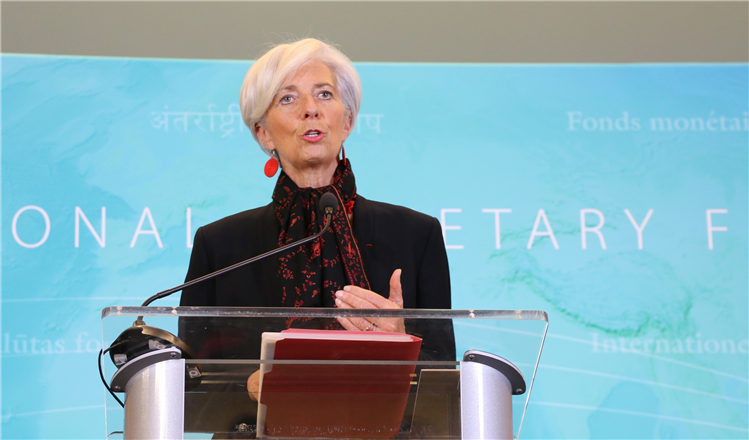
 IMF includes RMB in SDR basket
IMF includes RMB in SDR basket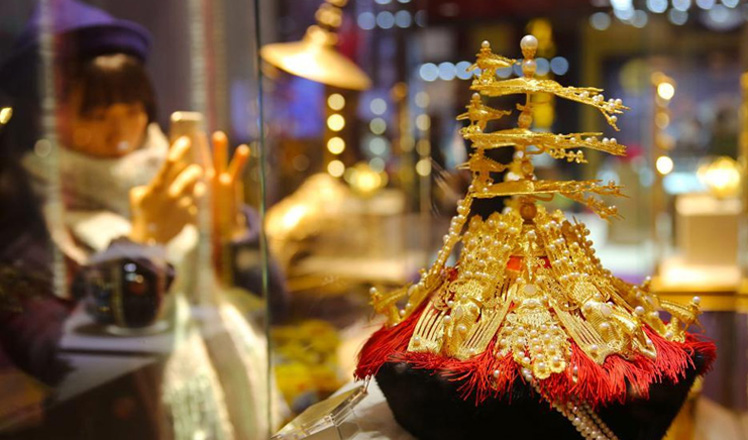
 Exquisite gold and jade products go on display in Beijing
Exquisite gold and jade products go on display in Beijing
Most Viewed
Editor's Picks

|

|

|

|

|

|
Today's Top News
Chinese bargain hunters are changing the retail game
Chinese president arrives in Turkey for G20 summit
Islamic State claims responsibility for Paris attacks
Obama, Netanyahu at White House seek to mend US-Israel ties
China, not Canada, is top US trade partner
Tu first Chinese to win Nobel Prize in Medicine
Huntsman says Sino-US relationship needs common goals
Xi pledges $2 billion to help developing countries
US Weekly

|

|







